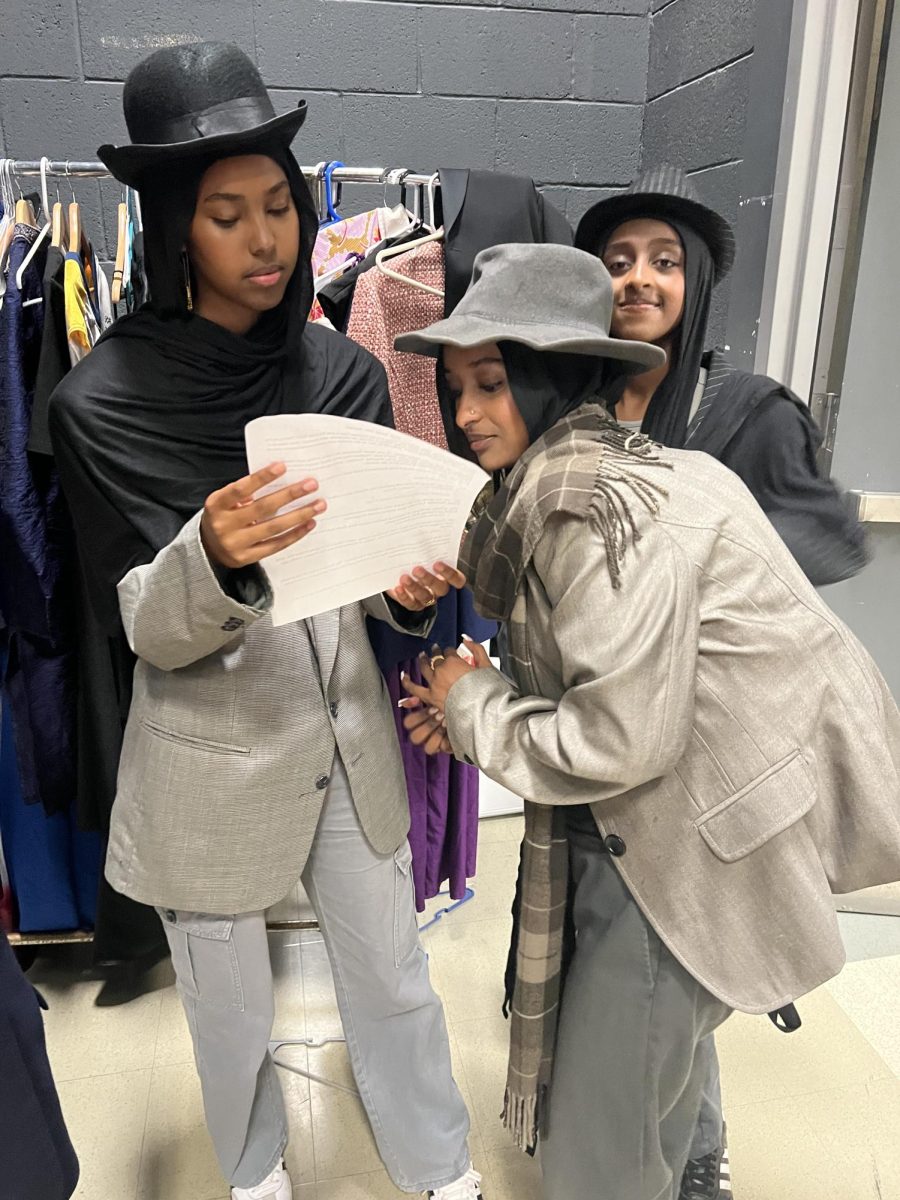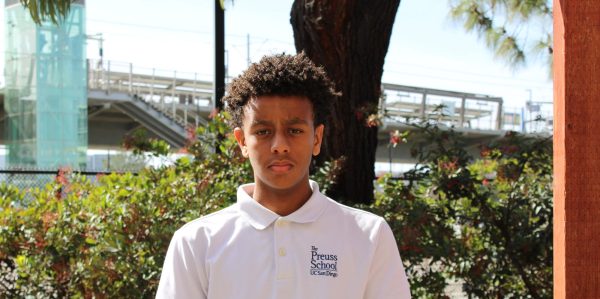Impact “Don’t Say Gay” Bill Towards LGBTQ+ Community
March 25, 2022
On late February, 2022, Florida’s House of Representatives and Senate alike, passed the recent controversial bill called Parental Rights in Education, commonly being named as “Don’t Say Gay” Bill. The bill opposes the idea of teaching sexual orientation or gender identity from kindergarten to third grade, though their is a possble extension to the twlefth grade. It is expected to be signed by Governor Ron DeSantis (Republican) on July 1. So how will this bill be affecting the LGBTQ+ community in the United States?
The controversy of this bill passing in the states reminds me of an article i’ve written in September 2021, which addressed the issue about the Texas Abortion Ban and how it affected women’s health and constitutional rights being restricted to second class citizenships. The Senate 8 Bill, the official name, gave women in Texas a six week limitation in planning an abortion, otherwise, they were to follow through with their pregnacy. This Bill created controversy for some time but seemingly began to fade out. However, the “Don’t Say Gay” Bill made me realize this is similar to that of the Abortion Ban, in which a certain group’s rights were being restricted. The difference is that Florida is discriminating against the teaching about sexual orientation and gender identity.
The State of Florida has had a reputation for targeting the LGBTQ+ community. In the 1950s, the Lavender Scare occurred, in which the United States began to purge suspected homosexual people, under the pretext that they were unsuitable for society, and that they could be blackmailed by communist spies. A infamous group in Florida known as the Johns’ Committee, led by then Govenor Charley Johns, participated in the terrorization of suspected homosexuality within educational institutions, such as universities and grade schools, targeting students, professors, and staff members. This caused many reputations to be destroyed and psychological trauma. However, 50 years later, Florida lawmakers have denied any wrongdoing on the “investigation”on homosexual activity (Vox, “When Florida had a committee to terrorize gay people”).
Now in 2022, The article “The stunning mental health fallout of Don’t Say Gay bills like Florida’s”, has concluded this would have negative effects within the education system to students. According to the article, schools are meant to be a place where students and teens are to express themselves freely. With the bill being intact, this would not only harm these students’ education, but would make them vulnerable. Also, by barring the idea of education gender identity, this would eliminated LGBTQ+ civil rights activist such as Harvey Milk and Bayard Rustin to be discussed. It was also reported that 42% of LGTBQ+ Youth last year considered suicidal options, and this could create a increasement of many teens.
The New York Times gave the account of William Larkins, a junior from Winter Park High School, and current President and Cofounder of the school’s Queer Student Union, who led a protest in February 28, 2022, against the Bill’s passing. In his written statement, Larkins recounts an event that happened in October 2021, “I attended a high school Halloween party. A group of guys from my school surrounded me and shouted homophobic slurs. One even threatened me with physical violence. When I broke down crying in class the next day, my teacher comforted me. She told me that she had gone through something similar when she was my age…I am lucky to have supportive parents, but I am in the minority among my peers.” If Larkins was a victim of bullying due to his gender identity, then the upcoming future will be harder for children who may not be able to understand who they believe they are.
It seems like every policy that has been implicated by the states seems to be a challenge to the federal power’s authority and control, being in question whether the state laws are constitutional or not. As Texas seems to undermine women’s pro-choice in abortion, Florida is undermining the rights of LGBTQ+ by eliminating the education of gender identiy and sexual orientation.
Vox’s article “The constitutional problem with Florida’s “Don’t Say Gay” bill”, stated that there will be an update within the Education Department in Florida to meet the requirement standards, and that means no longer talking about gender identity. It also issuses the right of private lawsuits against the school department by parents, similar to the Texas Abortion lawsuit. There is belief that their could be a Anti-LGBT enforcement by school administrations that would likely crackdown. This would also cause acts of discrimination and second class treatment, as many question if theirs a preference of male-female relationships over same gender relationships during schools?
And how has this affected the United States so far? CNN reported that there was a walkout from employees at Disney after CEO Bob Chapek failed to respond to the Florida Bill passing. Disney has been known for its representation and diversity culture demographics, from race, religion, young and old traditions, stright or gay. With this failed response, this leaves Disney in a fallout within its devoted fanbase. Chapek did respond after the walkout, but the damage was already done. “Primarily, those statements have indicated that leadership still does not truly understand the impact this legislation is having not only on Cast Members in the state of Florida, but on all members of the LGBTQ+ community in the company and beyond,” the organizers added during the walkout. Apart from the entertainment industry, there is an implication that Georgia is planning a similar bill to be passed.
As the “Texas Abortion Ban” has influenced in doing similar state laws, the “Don’t Say Gay” Bill is starting to inspire states to pass siminlar laws, most notably Georgia, which has already began drafting its own Parental Rights in Education Bill, which could be passed. As how the Texas Abortion Ban has stayed firm on their law, Florida has no problems in doing the same. Despite this issue being another state vs federal power, the real victims in law making decisions are those who identify themselves as LGBTQ+. They are losing their rights just as women in Texas are losing theirs. The question is what will the citizens of the United States do about it?










